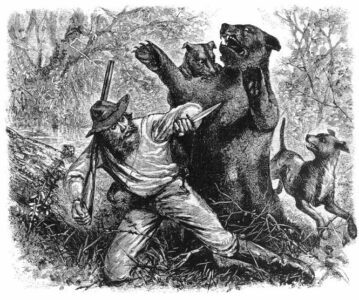 Should I Write Military Science Fiction?
Should I Write Military Science Fiction?
Military science fiction is for the action-oriented writer, someone for whom combat scenes flow naturally onto the page. Experience in the military, martial arts, marksmanship is a plus, but not necessary, for this military genre is more forgiving than most.
You should consider military science fiction if…
You love reading it
You're adept at writing action scenes (if you're not, try reading Adam's Writing Action article)





